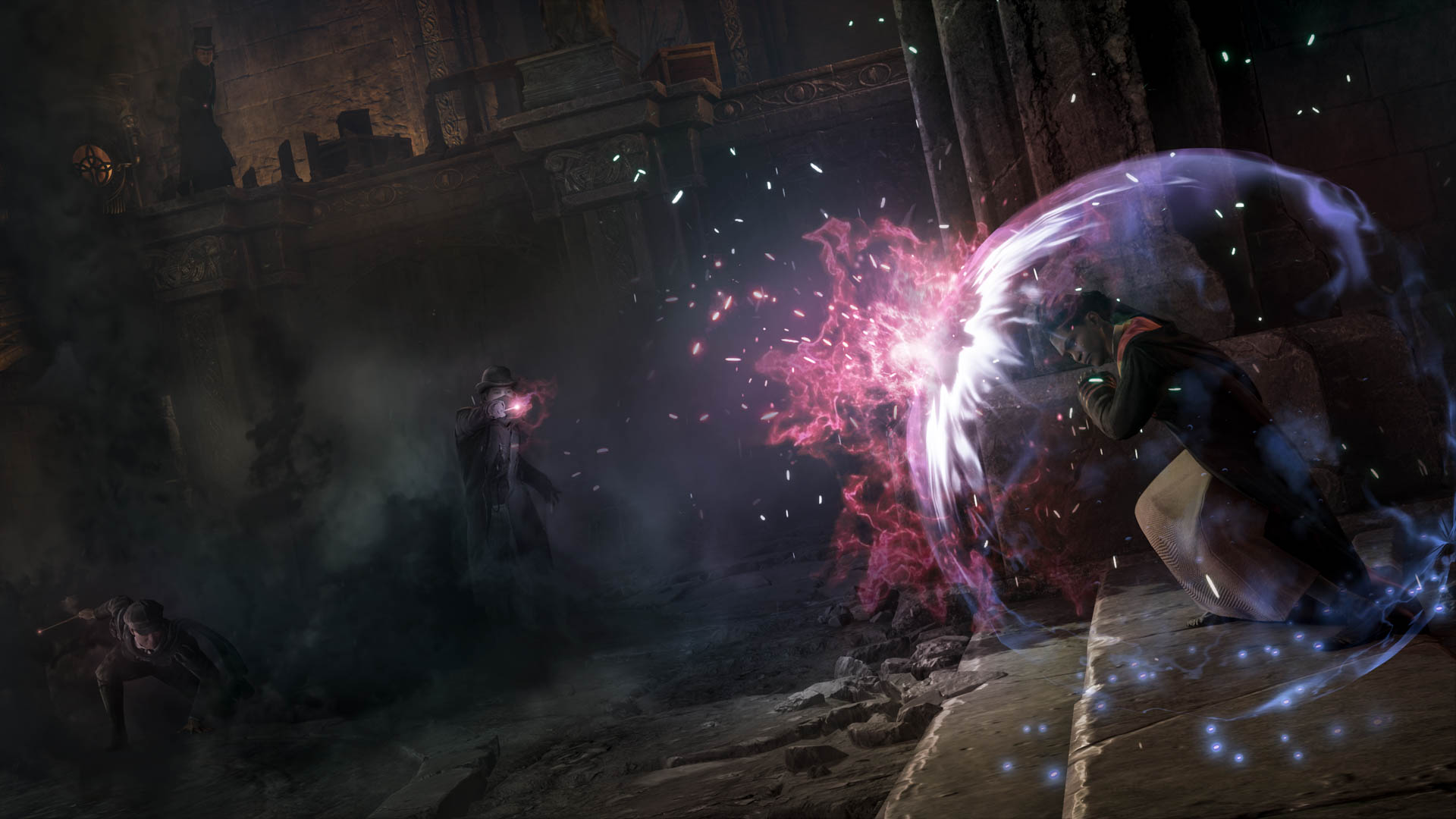Hogwarts Legacy has been a long time coming. There have been multiple Harry Potter video games over the past several years, including LEGO Harry Potter, Harry Potter: Hogwarts Mystery and Harry Potter: Wizards Unite. In fact, Warner Bros. went so far as to create a new label, Portkey Games, to house these games.
But out of all these games, Hogwarts Legacy is the largest and most expensive one to date. The price ranges from $60 to $80, depending on the platform and edition, and the collector’s edition — featuring a real-life magic wand — costs almost $300.
Per its website, the game is an “immersive, open-world, action role-playing-game” that takes place at Hogwarts two centuries before the events of the Harry Potter books — and it has been as controversial as it has been anticipated.
The Harry Potter series has grown into what is known as “The Wizarding World,” a collection of books, movies and games that allows people to immerse themselves into the magical world.
But the book series’ author J.K. Rowling’s actions and opinions have made that world a battleground in reality.
[Review: ‘You People’ explores love and race relations with a timely commentary]
In December 2019, Rowling tweeted in support of Maya Forstater, a researcher who at the time, was suing her former employer for workplace discrimination. Forstater lost her job after saying transgender people can’t change the sex they were born with. The court system said Forstater’s history of transphobic commentary was a valid reason for firing her.
This wasn’t the first time Rowling publicly hinted at her thoughts on transgender people. She liked transphobic tweets in 2018 and wrote transphobic-leaning content as early as 2015.
In recent years, she has become more vocal about her beliefs. In the midst of the COVID-19 pandemic, she retweeted an opinion piece about “people who menstruate,” writing, “I’m sure there used to be a word for those people. Someone help me out. Wumben? Wimpund? Woomud?”
She further defended this tweet on the same day, saying, “I know and love trans people, but erasing the concept of sex removes the ability of many to meaningfully discuss their lives.”
A few days later, she published an essay emphasizing her specific perspectives about how the transgender “socio-political concept” is harming young people, gay people and women’s rights.
While Rowling was not directly involved in the creation of Hogwarts Legacy, the Wizarding World is her legacy. Her thoughts and opinions taint every aspect of it. Buying the game provides her with royalties — the same royalties that help her financially recover from losing her audience.
Transgender entertainment columnist Stacey Henley writes that the problem isn’t about the money but about normalizing Rowling’s remarks. Rowling is the “acceptable face of transphobia,” Henley writes in TheGamer.
Popularizing something born out of her work makes her more relevant and makes her comments seem appropriate. If she isn’t being canceled, and her content isn’t being boycotted, her comments just fade into normalcy.
[Lesbian bar in DC brings queer people together with fun, comedy and performances]
Activision Blizzard faced boycotts over its sexual abuse and harassment claims, Gina Carano was forced out of the Hollywood spotlight for Twitter posts and Ellen DeGeneres lost her TV show for allegations of bad behavior on set. So why does Rowling get to maintain her position? Is Harry Potter and the Wizarding World really special enough to excuse transphobia?
Allyship means supporting and providing for members of marginalized communities. Allies should advocate for the community they support — in this case, the transgender community.
The Wizarding World holds happy memories for millions of people, myself included, but buying Hogwarts Legacy consequently supports Rowling. This is directly at odds with what it means to be an ally to the LGBTQ+ community.
The harm Rowling has done goes far beyond sparring on Twitter. According to The Washington Post, trans advocates and allies believe “her influence has contributed to an uptick in anti-trans rhetoric in both the United States and the United Kingdom.”
If Rowling faces no consequences for her actions, transgender people will suffer. Obviously, no one can be devalued as an ally based on just buying the game. But it does show that, to them, playing a game outweighs supporting transgender people.



